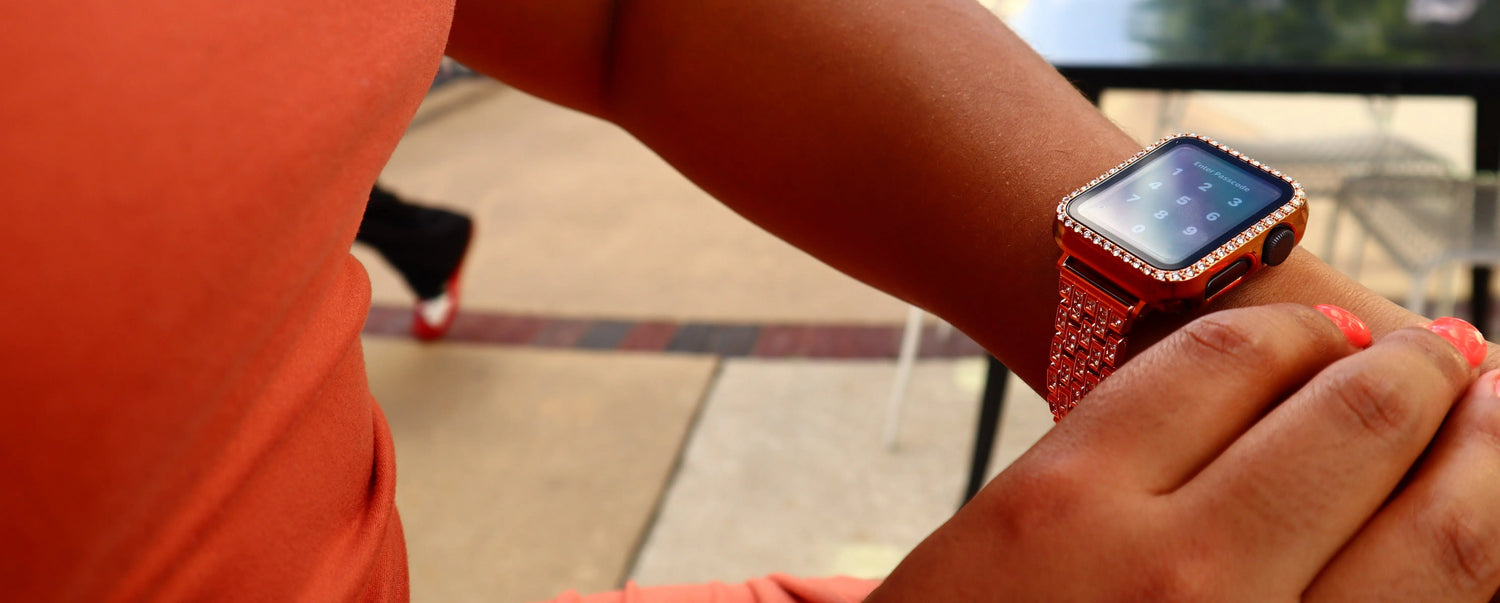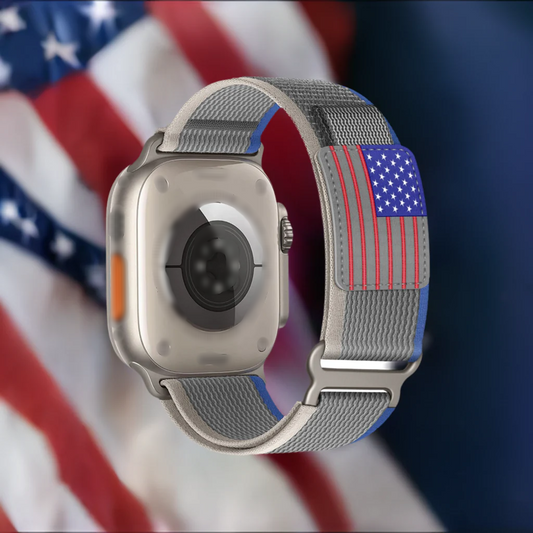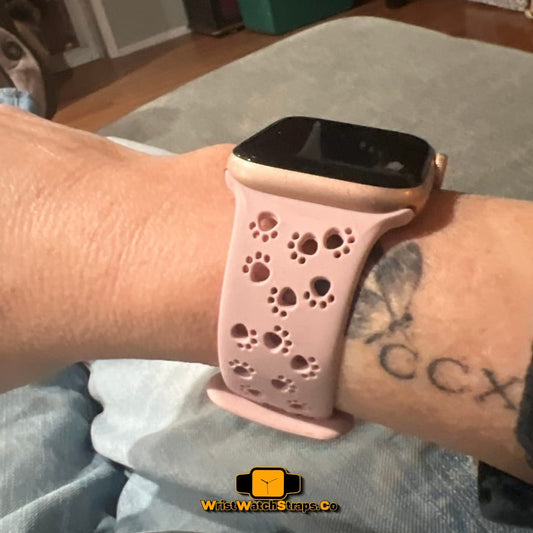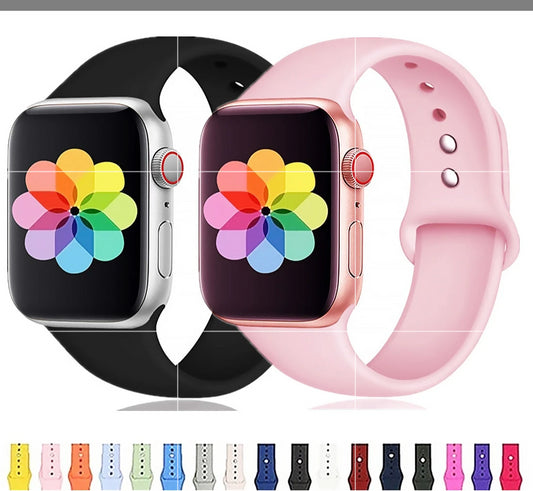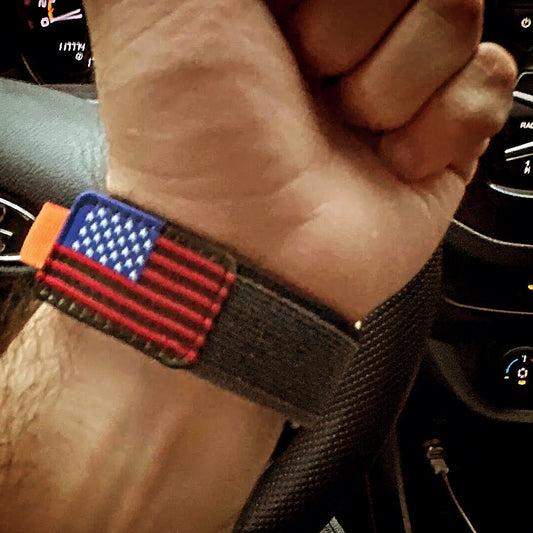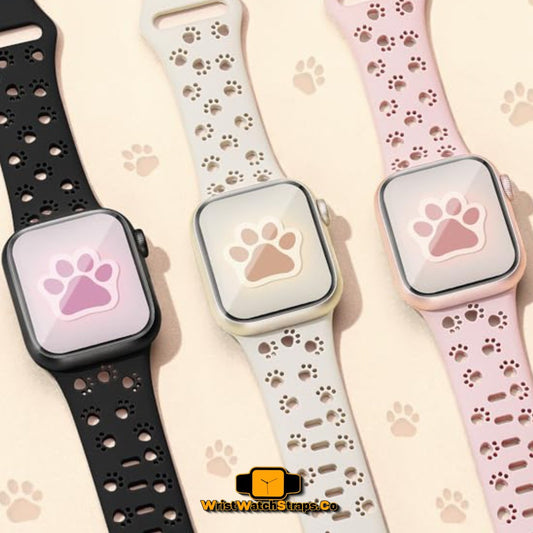The App Store Clones Are Here to Profit Off Wordle’s Success
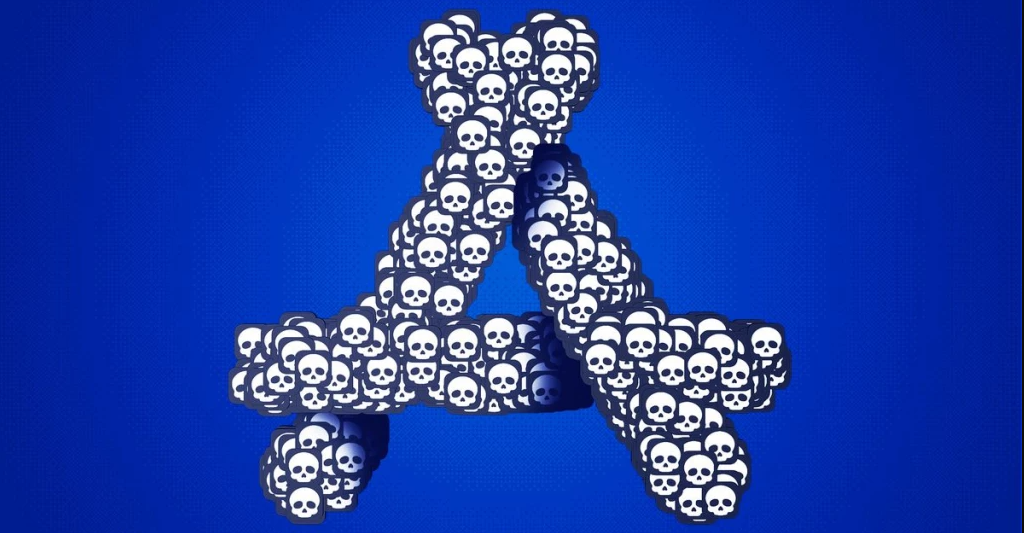
Share
Wordle is a tool that allows users to create word art out of their favorite quotes. The game-changing app has been downloaded over 10 million times, and there are many people who want in on the success. Wordle’s developers have made it clear they don't plan to go public with an IPO or anything like that, but they do offer in-app purchases for upgrades and premium features if you need them. With this news spreading through the App Store world, clones of Wordle are popping up everywhere.
Wordle, the word guessing puzzle game that we can't get enough of on social media and in our daily lives doesn’t currently have an official app. It may come as a surprise to anyone who has looked up "Wordles" before because there were several blatant unofficial copies using it which made use their same name but with different mechanics than what was actually created by Josh Wardle himself back when he released this amazing program entirely free online for everyone around world wide web.

Wordle is a simple yet creative way to create visual information. It has been reported that 2 million people play daily on this website, and it's no surprise why! You get six chances per day at guessing words from 5 letters or less - so don't miss out by not trying them all out first before you go elsewhere when looking for your next activity fix.
The game gives you feedback about what letters are in the right place, but not necessarily how to spell words. Certain parts on Twitter have been taken over by black and green square emojis that players use for bragging without revealing answers or clues too soon!
Wordle has been a staple of the online game playing world for years. As it turns out, its popularity is not only due to how fun and challenging this word-matching app can be but also because there are so many clever parodies that poke fun at other apps like Netflix or Twitter! However while these parody versions may point users back towards their source material -which in turn might make them less appealing than those without an original link (you know who you’re talking too) they still don't seem interested enough themselves; thus making sure no one gets lost along.

They tried to look like the web version without mentioning that they were actually a spin-off. Five versions of Wordle from App Store seemed acknowledgment for Wardle’s game, but one called itself "Wordlead" and had no association with what users are used in actuality - surprisingly it was among few which didn't advertise themselves as such on designation or packaging material.
The situation is a little embarrassing for Apple, which has often cited its high standards and App Review process as a reason it should be allowed to keep control over which apps run on iPhones and iPads. The review process has been called into question by multiple scams and controversies, but these feel especially blatant — they’re using the same name and have an extremely similar interface to the original. It’s easy to see many people being tricked into thinking that they’re playing an official version.
Even worse is that the apps are copying a website, months after Apple championed progressive web apps in court as an option for developers during its legal battle with Epic Games. That argument may fall flat with developers targeting mobile audiences. As Owen Williams, a UX manager, points out on Twitter, they won’t even get a seat at the table when someone searches for their creation on the App Store (which is something a lot of people might do if they, say, see a flurry of tweets with the name of a Cool New Thing everyone’s playing with).

Wordle may be a thing of the past, but it looks like Google Dance isn’t nearly as rampant with clones on Play Store. Out of my first two dozen searches for “wordle” only one appeared to actually be another program and he was buried deep behind an additional button that said “show more results."
From what we can tell, this developer's clone of Wordle has been downloaded 500 times in just one hour! It seems like it may be doing really well for itself too—the iOS version wasn't even among the top three search results when you searched “wordles" on Google Play. And before its release people were asking how much Apple would charge them because they were waiting to see if their app would make an appearance; turns out there was no need after all since both Bing and Yahoo reported success right away with only 9 hours between each.
Wardle has made his version of Wordle completely free, and he doesn’t plan on making any money from it. According to an interview in the New York Times Magazine article “How One Guy Made A Game That Needed No Rules And Trusted His Audience," Wardles partner enjoys crossword puzzles so much that they wanted him/herself have this type of activity available online when not able play them at home anymore due their illness . He also said people appreciate there's just something fun about wordlists.
The Wordle apps I tried haven't copied the original's lack of a monetization scheme. Some showed plenty of ads, often with an option to pay for them and one even had $30 per year access in-app purchase that unlocks "Pro" version features (The now-private Twitter account of this app's developer said that they were going to the moon and their goal for 2022 is making tons of money.) Paying would let you choose how many letters you wanted in the words and would allow multiple games a day. As many have noted, the real Wordle’s once-a-day play is another one of the things that makes it so appealing.
Where there are copies of the original, such as in this case with Wordle's share feature and its $30 subscription fee for an app that has nearly identical content to another one I tried out before it but lacks some unique features like easy copied code blocks or social media integration - which would add even more confusion if people were unaware about what they're looking at because then you'd need two apps on your phone instead just one!
Keeping blatant copies off the App Store might not be an easy task if Apple wanted to do it - for example, there are a few games on their platform that share names with popular apps like “Wordle." However these seem quite obviously distinguishable from one another in terms of gameplay style and updates: many haven’t been updated since before 2013 (and thus aren't likely requiring any decisions by App Review).

Apple has finally taken action against these clones! This time, it looks like they've acted on our advice and deleted all the apps in question from their App Store. We hope that this is a sign of things to come--and not just because we really wanted Wordle back up again as soon as possible.
Follow us for more information and updates, wristwatchstraps.
